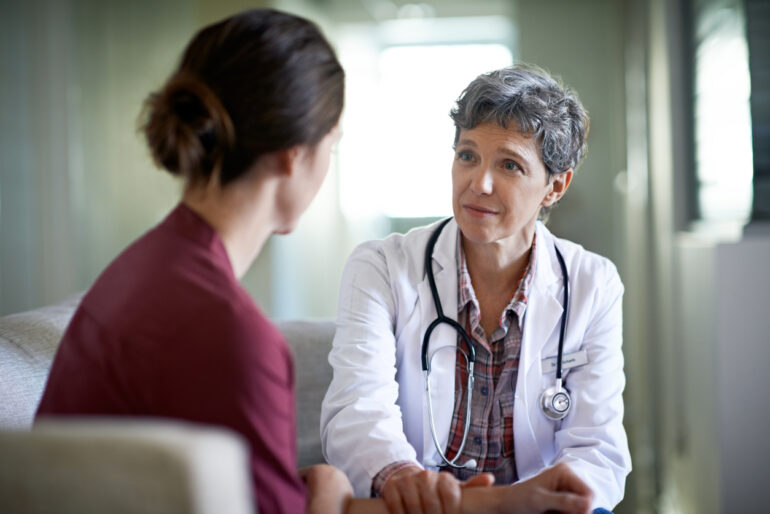Specifically, the first phase of the project begins Manuelaa survey to collect health data. In the second, analyzes will be carried out to study the microbiota, the microorganisms that live in the body. These data will allow explore the relationship between diet, lifestyle and women’s health throughout their life stages.
The project is led by the Institute of Agrochemistry and Food Technology (IATA-CSIC). This is a multidisciplinary collaboration between different institutes of the CSIC, the universities of Oviedo and Politècnica de València, and several health research institutes and foundations.
Microbiota care
Manuela aims to help women make informed decisions about caring for their microbiota. Composed of microorganisms that live in different parts of the body, the microbiota plays a crucial role in different vital processes. The vaginal, for example, influences fertility and the prevention of infections. The intestinal tract, for its part, affects digestion, the absorption of nutrients and the immune system. “Despite the importance of the microbiota, we detected an evident lack of research in this field, and in general, in everything related to women’s health,” he explains. Mª Carmen ColladoIATA-CSIC researcher who leads the project.
Through the project Manuela Data will be collected on eating habits, lifestyle and health status, among others, which will serve to identify their relationship with the microbiota. “Very little is known about the influence that natural processes such as menstruation, menopause or pregnancy have on our metabolism.. This translates into worse diagnoses, lack of treatments, and in general, a worse quality of life,” he says. Sara Sanchezresearcher at the Institute of Innovation and Knowledge Management (INGENIO), a joint center of the CSIC and the Polytechnic University of Valencia (UPV), participant in the project.
The project will be developed in two parts. The first, which is starting now, focuses on a nationwide survey in which women residing in Spain from the age of 16 onwards can participate, to collect data on their health, including habits, perceptions and needs. This survey is carried out through the project website: https://manuela.csic.es. In the second phase, the research team will carry out analyzes of biological samples to study the microbiota, along with more specific questionnaires to address the objective of this initiative.
“The data obtained will allow us to know more precisely which foods will be most recommended during menstruation, or which could favor the presence of bacteria that protect against certain vaginal infections. In addition, they will help develop new treatments for infections, intestinal or vaginal diseases,” adds Collado.
Citizen participation and social change
In addition to advancing scientific research, the project Manuela seeks to actively involve women in each stage of the process, promoting citizen participation and social change. The comprehensive approach of the project aims to break taboos, combat misinformation and provide reliable data on how diet and lifestyle They can improve women’s health and serve as a reference for the design of efficient public policies. “We invite all women to be part of this initiative, from defining research priorities to collecting biological samples,” concludes Sánchez.
Project Manuela is a tribute to the legacy of women dedicated to health and well-being, and represents a commitment to a more equitable future in terms of health for all. Therefore, it is named after Manuela Solís i Claras (1862-1910)the first woman to obtain a medical degree at the University of Valencia and a pioneer in the defense of women’s rights in the field of health. Manuela is a sister initiative of the ISALA project in Belgium, the largest global citizen science initiative dedicated to women’s health that studies the female microbiome and its influence on health and well-being, which was European Prize for Citizen Science in 2023.
In addition to IATA and INGENIO, other CSIC centers such as the Institute of Dairy Products of Asturias (IPLA) and the Institute of Advanced Social Studies (IESA) participate in the project. The University of Oviedo, the Health Research Institute of the Principality of Asturias (ISPA) and the Foundation for Biohealth Research and Innovation of Asturias (FINBA) also participate, as well as the Foundation for the Promotion of Health and Biomedical Research of the Comunitat Valenciana (FISABIO) and the Polytechnic University of Valencia (UPV).
